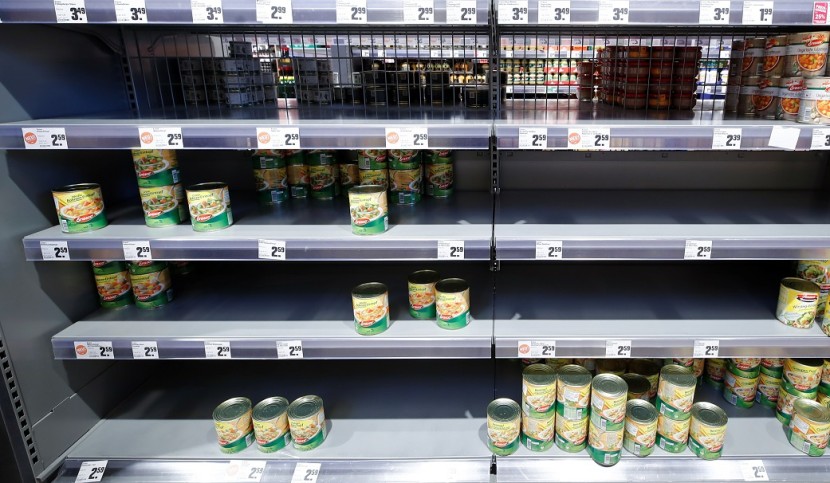
With many people bulk-buying toilet paper, pasta, soap, tinned food, and disinfectants, those who have come away empty-handed are asking themselves why so many people panic-buy.
The coronavirus is an invisible enemy; something that we cannot see. When you cannot see your enemy with your naked eye, you lose your sense of control.
Supermarket shelves are being emptied faster than they can be restocked. Disinfecting hand gel has become more precious than gold dust. Some stores are rationing items while at the start of this week, entire towns were said to be running out on toilet paper.
Videos have been cascading in social media which shows empty shelves, trolleys upon trolleys of loo roll, and face masks.
Ireland has imposed restrictions in terms of exactly how much can be bought per customer but seem slow to be introduced. In the UK, however, Tesco is carrying out a maximum purchase limit (five per customer) on items such as anti-bacterial products, dried pasta, and UHT milk. Australian shoppers have witnessed restrictions on the amount of toilet paper they are allowed to buy.
Masks were the first to run low, then hand sanitizers. Now panic-buyers are snatching up toilet paper. The first two make sense, considering the effort to fend off a virus. The question is: why toilet paper?
There are psychological explanations behind the reason people panic-buy when faced with potential home isolation.
Clinical psychologist Stephanie Gorka, Ph.D. at The Ohio State University Wexner Medical Center said this makes sense of what she knows about anxiety.
Consumer psychologist Paul Marsden at the University of the Arts London said the brief answer can be found in the psychology of "retail therapy" wherein we buy for managing our emotional state.
He said it is about taking back control in a world where you feel out of control. He added, "More generally, panic buying can be understood as playing to our three fundamental psychology needs."
Shoppers are also stockpiling on nonperishable food items and bottled water. Having some extra food in your inventory can be helpful in the event of a quarantine.
Some of the buying is rational, including ensuring you have enough medication to treat chronic medical conditions. But much of it is irrational, such as filling up a shopping cart with toilet paper rolls (and then having a fistfight over another customer).
When one loses a sense of control, one tries to do things to compensate and achieve control again, such as buying certain things.
You ask yourself, "If I were to go to the supermarket right now and buy something, would it make me feel less fearful of the coronavirus?"
Stockpiling is transpiring despite - or perhaps because of - authorities repeatedly commanding the public not to panic-buy. We are advised to shop responsibly.
This urge to panic-buy is denting people's lives because it begs the question, "What about those who are more vulnerable?" These vulnerable people include the elderly, chronically ill, those with disabilities, or those on low-income wages.
Related Article : Washington Possibly to Aid U.S. Economy Amid Coronavirus




